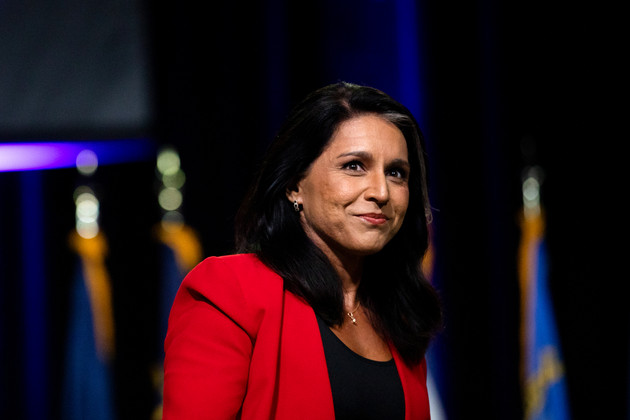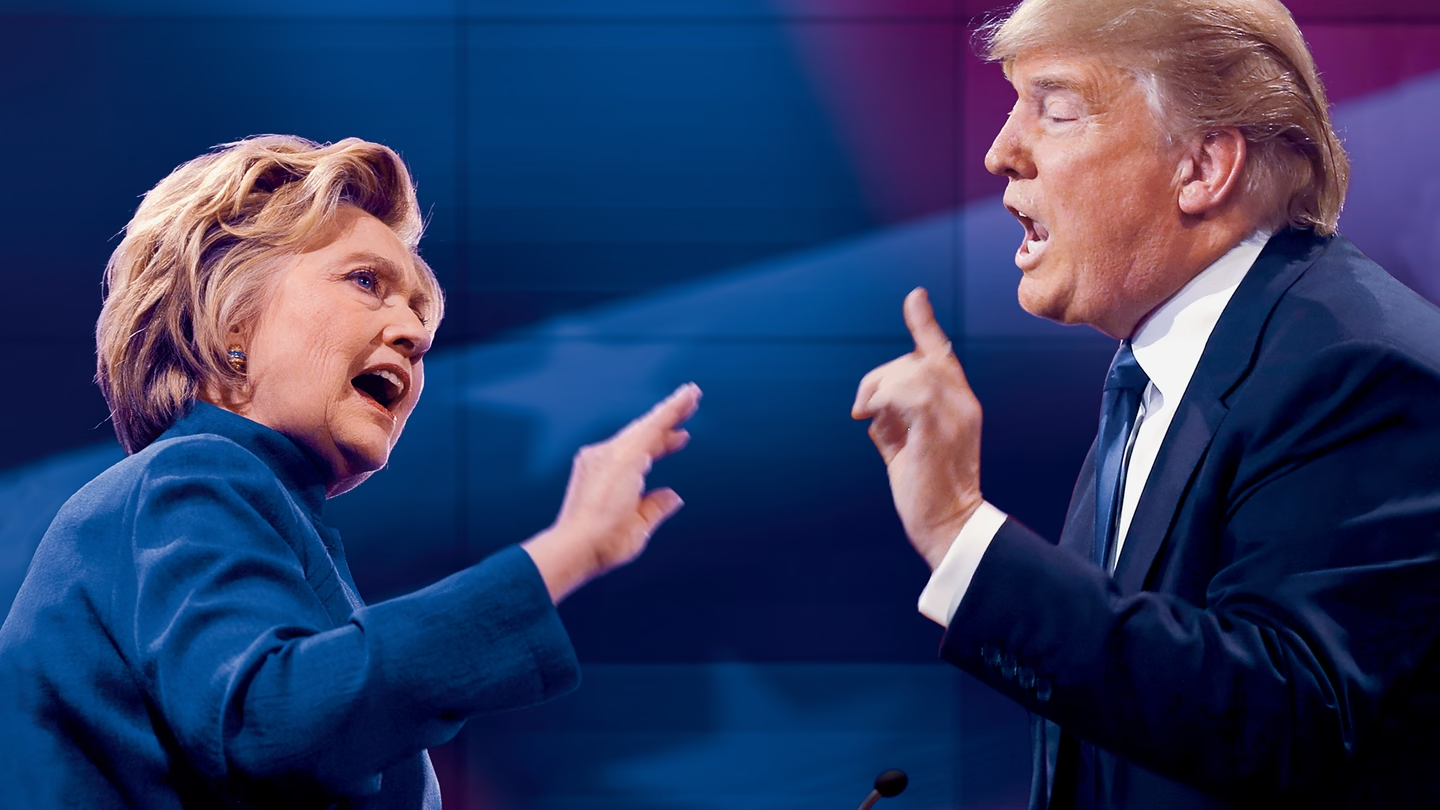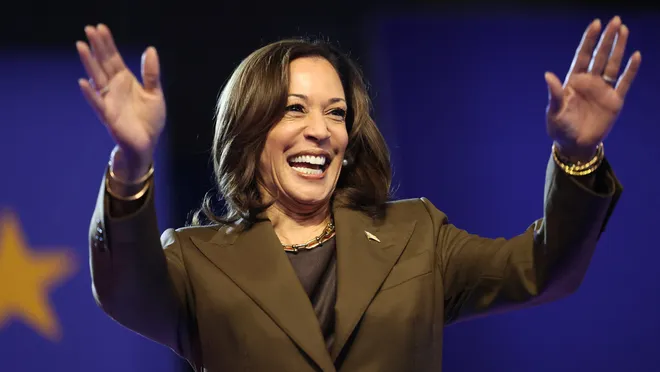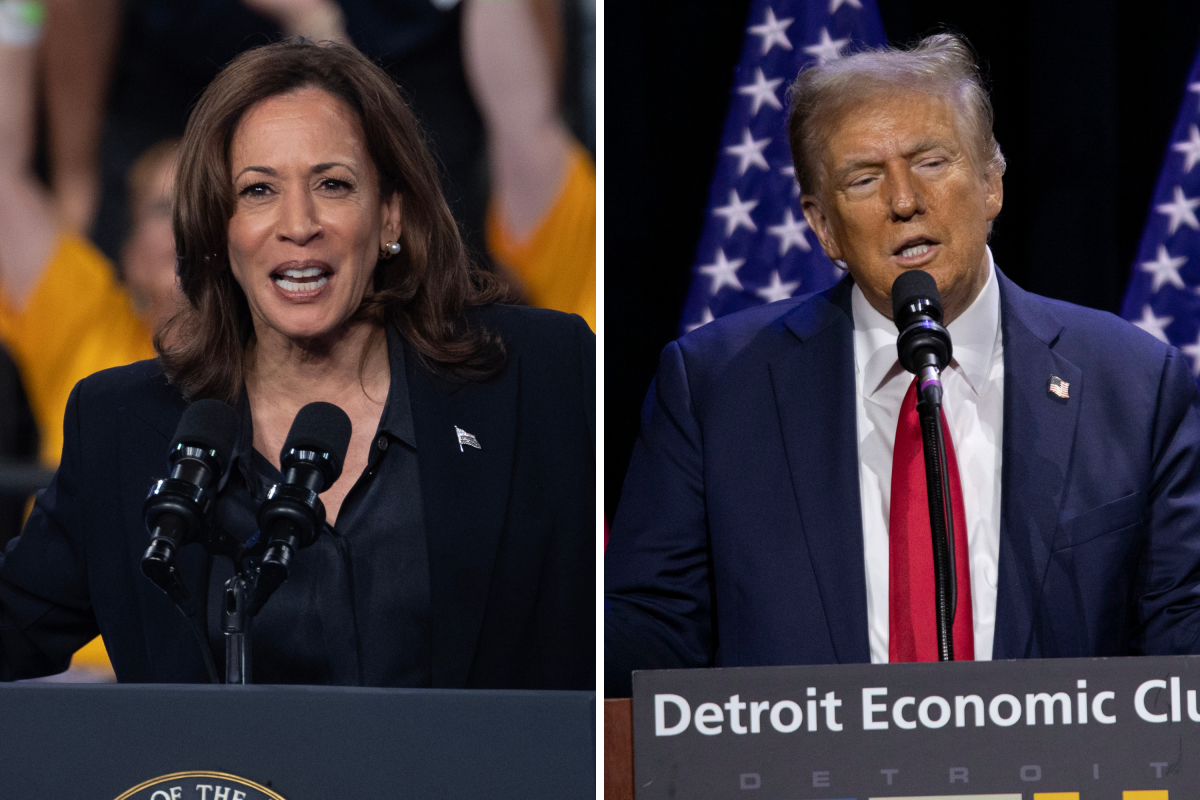Tulsi Gabbard, a former Democratic congresswoman and critic of U.S. foreign policy, is set to be the next director of national intelligence, appointed by former President Donald Trump. The nomination of Gabbard, who has faced accusations of being sympathetic to Russian interests, has raised significant concern within U.S. national security circles.
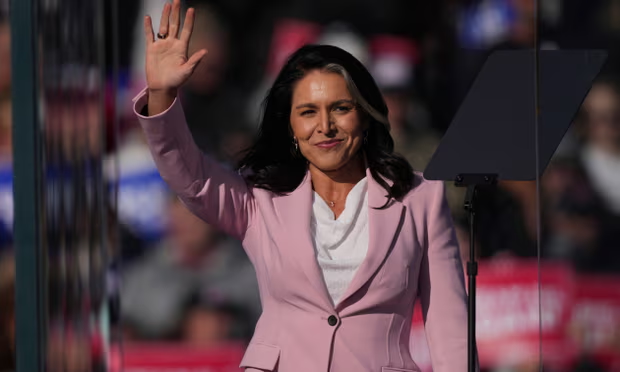
From Congresswoman to Intelligence Chief: A Bold Move
Donald Trump’s selection of Tulsi Gabbard as director of national intelligence is a major shift in the leadership of U.S. intelligence. The former Hawaii congresswoman, who held office from 2013 to 2021, is the first Hindu and Samoan-American to serve in Congress. Known for her strong anti-interventionist stance, Gabbard’s approach has often clashed with mainstream U.S. foreign policy, and her perspectives on global issues have raised eyebrows among political leaders.
If confirmed by the Senate, Gabbard will oversee 18 U.S. intelligence agencies, including the CIA and the FBI. Her responsibilities will include coordinating their operations and protecting the country’s most sensitive information. Despite her lack of direct intelligence experience, Gabbard’s influence may grow, particularly due to her close alignment with Trump’s vision for reshaping the U.S. national security landscape.
Allegations of Russian Ties Stir Controversy
Gabbard’s record has not been without controversy. In 2019, former Secretary of State Hillary Clinton implied that Gabbard was being “groomed” by Russia, a statement that sparked widespread debate. Though Clinton did not name Gabbard outright, the reference was clear. Clinton’s comments drew attention to Gabbard’s foreign policy stances, which had previously led some to question her loyalties.
Her critics highlight her 2017 visit to Syria, where she met with President Bashar al-Assad. Gabbard defended the trip, emphasizing her mission to seek peaceful solutions and claiming that Syria posed no direct threat to the U.S. Nonetheless, her interactions with Assad raised concerns about her views on authoritarian regimes and her potential impact on U.S. foreign policy.
Trump’s Unexpected Choice for a Critical Role
Gabbard’s appointment is a surprising choice for such a high-profile intelligence position. Unlike other previous directors, she lacks a direct background in intelligence. Furthermore, her vocal criticisms of the U.S. foreign policy establishment have often alienated both parties. Initially, she was a rising Democratic star, even serving as a surrogate for Bernie Sanders in 2016. By 2020, however, she became a more polarizing figure. Her criticisms of Kamala Harris during a Democratic primary debate, combined with her support of Biden, drew mixed reactions.
Following the conclusion of her own campaign, Gabbard left the Democratic Party altogether in 2022, citing its shift toward “elitism” and “woke ideology.” Her subsequent embrace of conservative circles, including endorsements of Republican candidates and appearances on Fox News, aligned her closely with Trump and his base. Her vocal opposition to “warmongering” made her a natural fit for Trump’s agenda of reducing U.S. intervention abroad.
Unorthodox Foreign Policy Stances Raise Concerns
Gabbard’s independent foreign policy approach became more pronounced after Russia’s invasion of Ukraine in 2022. She took to social media, calling for the U.S., NATO, and Russia to agree on Ukraine’s neutrality. Her stance on this issue alarmed many in the security community, as it mirrored the Kremlin’s position. In a post to Twitter, Gabbard stated, “It’s time to set geopolitics aside and allow the Ukrainian people to live in peace.”
She suggested that a neutral Ukraine would address the security concerns of both NATO and Russia. This sentiment echoed Russia’s long-standing demand and further fueled the skepticism surrounding her appointment. Critics argue that her approach to Ukraine may reflect a broader tendency to empathize with authoritarian regimes, which they fear could influence her decisions as intelligence chief.
Skepticism Within the Intelligence Community
While some experts doubt the real power of the director of national intelligence (DNI), others note that close alignment with Trump could give Gabbard significant influence. The DNI role was created post-9/11 to coordinate diverse intelligence agencies, though many say the CIA director remains the most powerful figure in the intelligence field. However, insiders believe Gabbard could reshape the office if she maintains Trump’s favor.
According to a former senior Trump administration official, “The CIA director may carry more traditional weight, but a DNI with strong presidential backing could bring change.” Gabbard’s ability to influence national security policy may ultimately hinge on her close relationship with Trump.
A Controversial Appointment with Potential Consequences
Tulsi Gabbard’s appointment as director of national intelligence is a defining moment in the Trump administration’s approach to U.S. national security. Her unconventional views on foreign policy, coupled with her strained relationship with the Democratic establishment, have placed her under intense scrutiny. With little experience in intelligence, her leadership will face resistance from a community wary of her stance on international issues.
As Gabbard prepares for her new role, the spotlight will remain firmly on her every move, as the public and the intelligence community watch to see how she navigates the complex terrain of national security. Whether she can overcome skepticism and prove effective in the role remains to be seen, but her impact on U.S. intelligence policies is likely to be significant.
